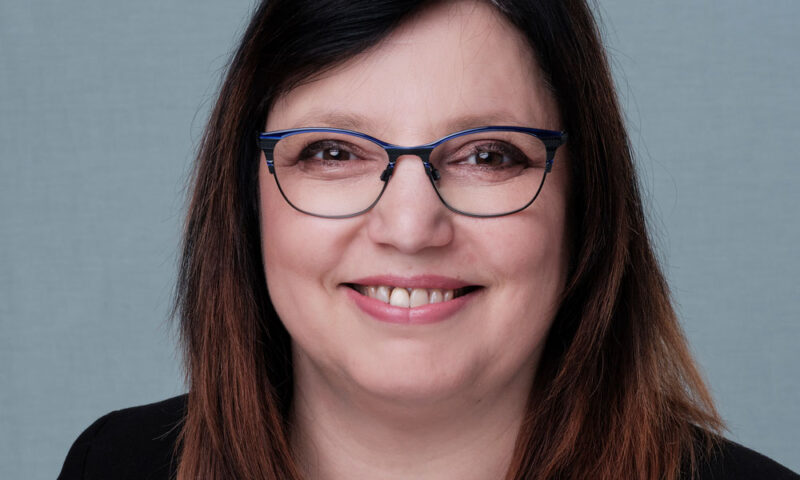
Nuclear Scientist Lidia Matei on the Value of an Experiential Mindset
Scientific methods can inspire life outside the lab, too.
Lidia Matei, Corporate Business Officer, Sylvia Fedoruk Canadian Centre for Nuclear Innovation, president-elect of the Canadian Association of Radiopharmaceutical Scientists
As a nuclear scientist and the president-elect of the Canadian Association of Radiopharmaceutical Scientists, I certainly have defined my career as a professional. But I’ve also found that the scientific spirit of experimentation and analysis can be an effective guiding principle for career and life overall.
Science is about gathering data and analyzing it. An analytical mindset is what really helps people get ahead using a methodical approach informed by real data. It’s about being willing and open to take on new challenges systematically.
Open-mindedness to Unexpected Outcomes
When you move from a country and culture to an entirely new one, as I did when I left my native Romania for Canada, you have to be open to challenges. And I found that it was a scientific approach that allowed me and my family to actually tackle these challenges one by one.
In fact, when I transitioned from the Romanian scientific world to the Canadian one, I was very lucky to be the right person in the right place at the right time, and I landed a postdoctoral fellowship right away. When I left, I didn’t know what was going to happen. But being open to experimentation led me to a desirable outcome, even a breakthrough.
So at the end of an intense process of upheaval—one that you might compare to a rigorous scientific experimentation—I came out on the other end with a rewarding accomplishment, both professionally and personally, for having undertaken the risk.
How Scientific Principles Apply to Life
To wit, I think we can apply scientific principles to life in many ways: gathering data, analyzing it, taking incremental, methodical steps toward results. It works.
Key to the process is an appreciation of uncertainty—to know where you are, where you’re starting, even if you don’t know where you’re going to end up.
It’s like a funnel: While you are progressing toward personal development, you are moving through different stages of your career. And the level of opportunity thus decreases. So while you’re moving along through the ever-narrowing funnel, you’re getting more confident in your skills. Eventually, you get to the level where you know exactly what you are doing and you add so much value to any organization and to others around you. Trust the process of experimentation that gets you to this result.
When I decided to give up on lab work and move towards business development in the same industry, it was challenging, of course, because it was a completely different side. From nuclear chemistry to the science of business, it’s a different approach.
But I learned how to extract my knowledge from science and experimentation and implement those into everything I’m doing right now as a business officer. Once again, these foundational methods apply.
My best piece of advice for anyone making their way in their career is to always follow your dreams. Don’t give up; go do what you actually like. Do not turn your position into a job—turn your job into a dream.
You’re more effective at the work you do if you truly care about it. And that’s what has driven me over the years. I was always passionate about what I’m doing. I’ve always been looking to gain knowledge in everything.
That’s both the scientific way, and also, in my view, a meaningful mantra for life.
Canada offers business events hosted in the country a national network of thought leaders and industry champions that span industries and ecosystems. Connecting with key influencers to enhance conference programming, augmenting your speaker schedule and developing customized technical tours is as easy as connecting directly with the Destination Canada Business Events team.
(Handout photo)





